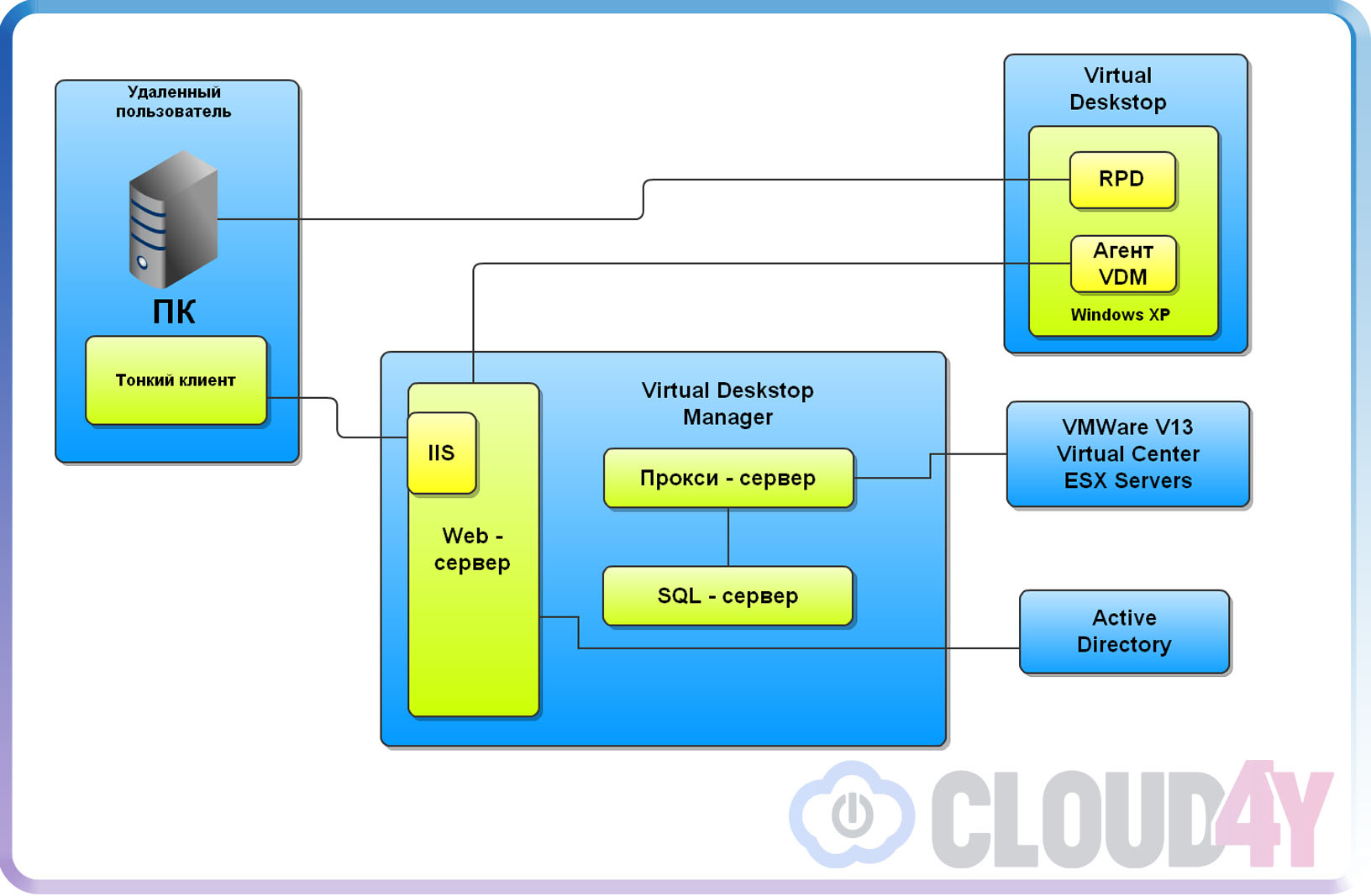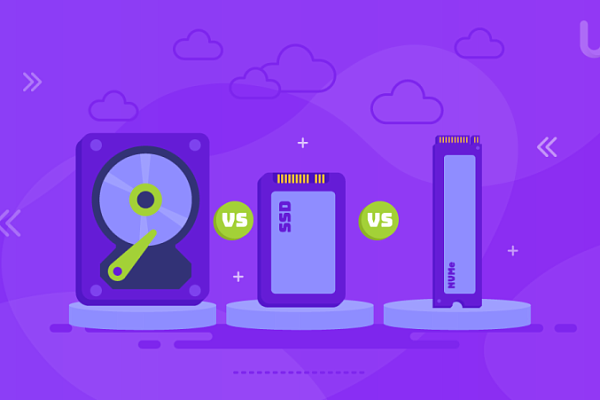 In most cases a thin client is a computer with limited functionality (there usually is no hard disk). It requires a terminal server, a role which until recently was made by a separate powerful computer. Today the terminal server are usually rendered in the cloud, it is necessary to provide a direct connection between the terminal computer and work machines.
In most cases a thin client is a computer with limited functionality (there usually is no hard disk). It requires a terminal server, a role which until recently was made by a separate powerful computer. Today the terminal server are usually rendered in the cloud, it is necessary to provide a direct connection between the terminal computer and work machines.The advantages of terminal access are as follows:
Primarily terminal access and thin clients can significantly reduce the cost of equipment, after all, workstations are much less than a full PC. Besides, there is no need to purchase licenses - a single license for the entire server.
With the development of information technology has also found other advantages:
- Geographic freedom – the ability to work from anywhere with an Internet connection;
- Preservation of all data needed and their availability for any employee;
- Security – encryption of traffic and the ability to turn off the server completely.
The scope of:
- Banks: electronic banking, working with ERP systems.
- Education: any educational event, it is possible to conduct on the PC, remote instructions;
- Medicine: storing data separately for each medical institution as well as a common database for all the clinics;
- Large offices and warehouses: integration with 1C enterprise mail, and so on.
In addition, the direction of thin clients is actively developing in all spheres of social interaction: e-government, personal accounts of taxpayers, etc.




